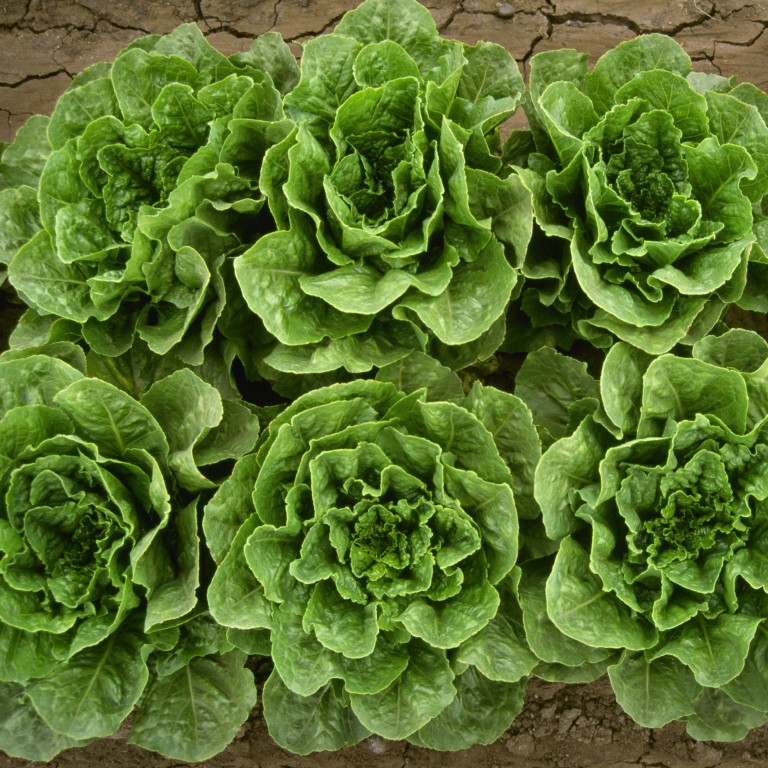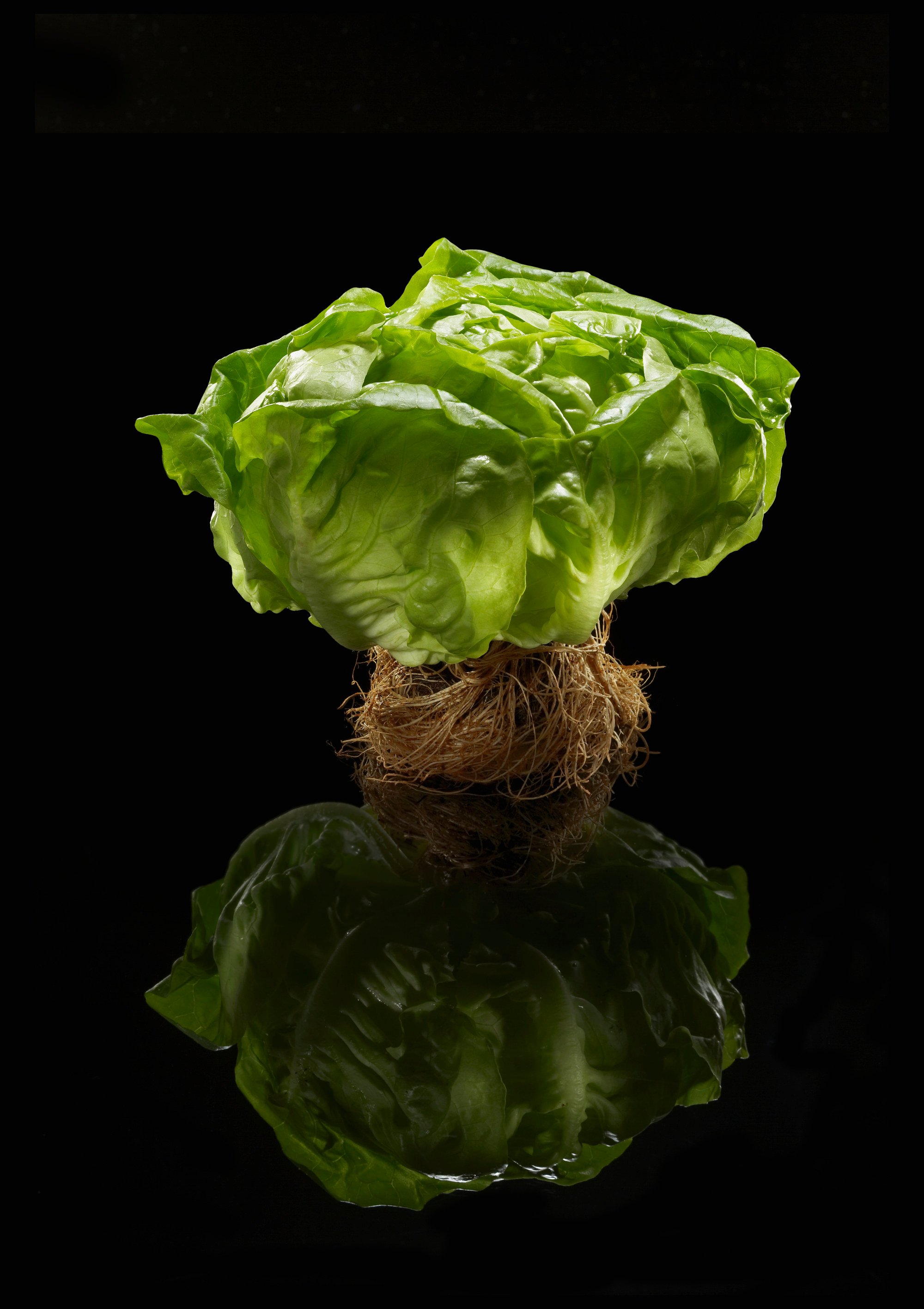
After a lettuce famously outlasted Liz Truss, the origin of the word and how the ‘queen of the salad plants’ was once little more than a weed
- The word ‘lettuce’ has its roots in Roman times, with the present form being settled on in the 1700s
- It figured widely in 20th century American-English slang, while British politics today offers a further metaphor: lettuce as a measure of political shelf life
Lettuce – “queen of the salad plants”, as the 1975 classic Edible Leaves of the Tropics declared – encompasses several cultivars, the most common being loose-leaf, head and romaine (also known as cos), each with many varieties.
The origins of all varieties can be traced to a weedy form first used in ancient Egypt, the pressed seeds of which were a source of cooking oil.
The plant was then selectively cultivated to grow broader, longer leaves that were more appealing for consumption – images of which are depicted on 2500BC Middle Kingdom tomb walls. Such a varietal subsequently spread around the Mediterranean and to the Middle East.
The Romans referred to the plant as lactūca, lac(t)- meaning “milk” (deriving from the Proto-Indo-European *g(a)lag- “milk”), plus -ūca, a suffix forming nouns – alluding to the milky sap that exudes from the plant’s cut stem. The classical Latin lactūca gave Old and Middle French letue/ leitue/ laitue.
From the Aztecs to avo, the scoop on ‘avocado’ and ‘guacamole’
Related forms are easily recognisable: English lactate, French café au lait, Italian caffè latte. Greek γάλα/γαλακτ- gala/galakt- “milk”, sharing the same Proto-Indo-European root, gave galaxias, clipped from galaxias kyklos “milky circle”, becoming Late Latin galaxias “the Milky Way”, and the English galaxy.
From the Middle French plural letues, 13th century Anglo-Norman inferred the singular as letues – this entered Middle English and underwent various spellings, including lettice, to settle on its present form in the 1700s. In describing the species in 1753, Swedish botanist Carl Linnaeus used the classical Latin lactūca for its Genus name, and sativa “sown, cultivated” as its species name.
The romaine varietal got its American-English name in the early 20th century, from the French laitue romaine, literally “Roman lettuce”, due to its origin in the region of Rome, or its having been imported into western Europe from the eastern Mediterranean initially via the port of Rome.
British speakers know it as cos lettuce, named for the Greek island of Κῶς / Cos in the Ægean from which it was introduced; some work traces it to the Arabic “lettuce” khas.

Lettuce, seemingly unassuming, figured widely in 20th century American-English slang – for money or drugs.
You might be asked to “unroll that bunch of lettuce you got in your mitt”, alluding to the green colour of United States banknotes. And references to the “devil’s lettuce” (and “jazz cabbage”) were widely found on 1930-40s anti-cannabis posters – creating associations between the plant and black musicians associated with the musical genre and its “sinful” drug influences.
British politics today offers a further metaphor: lettuce as a measure of political shelf life. “Leaf or romaine” Brexit puns are just the tip of the iceberg.

